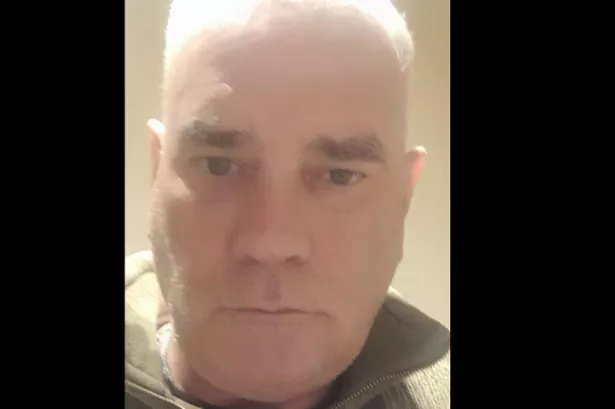Today, Tuesday, 11th July 2023, Marks the abrupt termination of Glasgow’s only night bus service by First Bus, a private company, has ignited a firestorm of protest. The action has stirred up ire amongst advocates for poverty alleviation, women’s safety, and environmental preservation. It has also provoked sharp criticism from pub and club owners, as well as politicians.
First Bus made its contentious announcement on Monday, stating it would cease all night bus services throughout Scotland’s largest city by the end of July. The decision triggered instant backlash.
Justifying its action, First Bus cited insufficient passenger numbers which hadn’t recovered post-pandemic, despite efforts like free ticket giveaways during the holiday season. Yet, critics argue this move demonstrates disregard for public safety, particularly for those who work or return home late at night.
Mike Grieve, the leader of Scotland’s Night Time Industries Association, decried the decision as “short-sighted and perilous”. Pam Duncan-Glancy, Scottish Labour MSP for Glasgow, accused First Bus of abdicating their responsibility to Glasgow’s residents who relied on the night bus for safe transportation.
According to Peter Kelly, the Poverty Alliance’s director, this move is highly unfair and would adversely affect Glaswegians with lower incomes, who often work late or early shifts.
With the city’s subway and train network closing by midnight and a noticeable decrease in taxis, the night bus was the last resort for many residents to get home. This challenge is further exacerbated by the council’s new low emission zone, which restricts certain vehicle types from the city center.
First Bus Scotland’s commercial director, Graeme Macfarlan, explained that changing leisure habits had led to a decreased demand for night bus services. He noted the company had happily relaunched the night bus service in June the previous year but had been incurring operational losses for a year.
Ellie Harrison of the public transport campaign, Get Glasgow Moving, noted this incident underscored broader issues with the city’s transport system.
She urged Glasgow to emulate Greater Manchester in restructuring its transport system, coordinating bus routes with subway and train services. She added that this revamp would be necessary to meet the Scottish government’s aim of reducing car miles by 20% by 2030 and Glasgow’s own goal of achieving net zero emissions by the same year.
The Glasgow city council and Strathclyde Transport Partnership have voiced their concerns regarding the cancellation. The council is now in talks with First Bus to discuss the situation and consider possible alternatives for bus services in the city.
A council spokesperson affirmed their commitment to enhancing Glasgow’s bus services while exploring potential options for increased public control over the city’s bus network. These include the potential to establish routes, fares, and timetables. This move aims to ensure that public transportation remains a reliable and efficient solution for the city’s residents.
Do you think this is the right decision?











